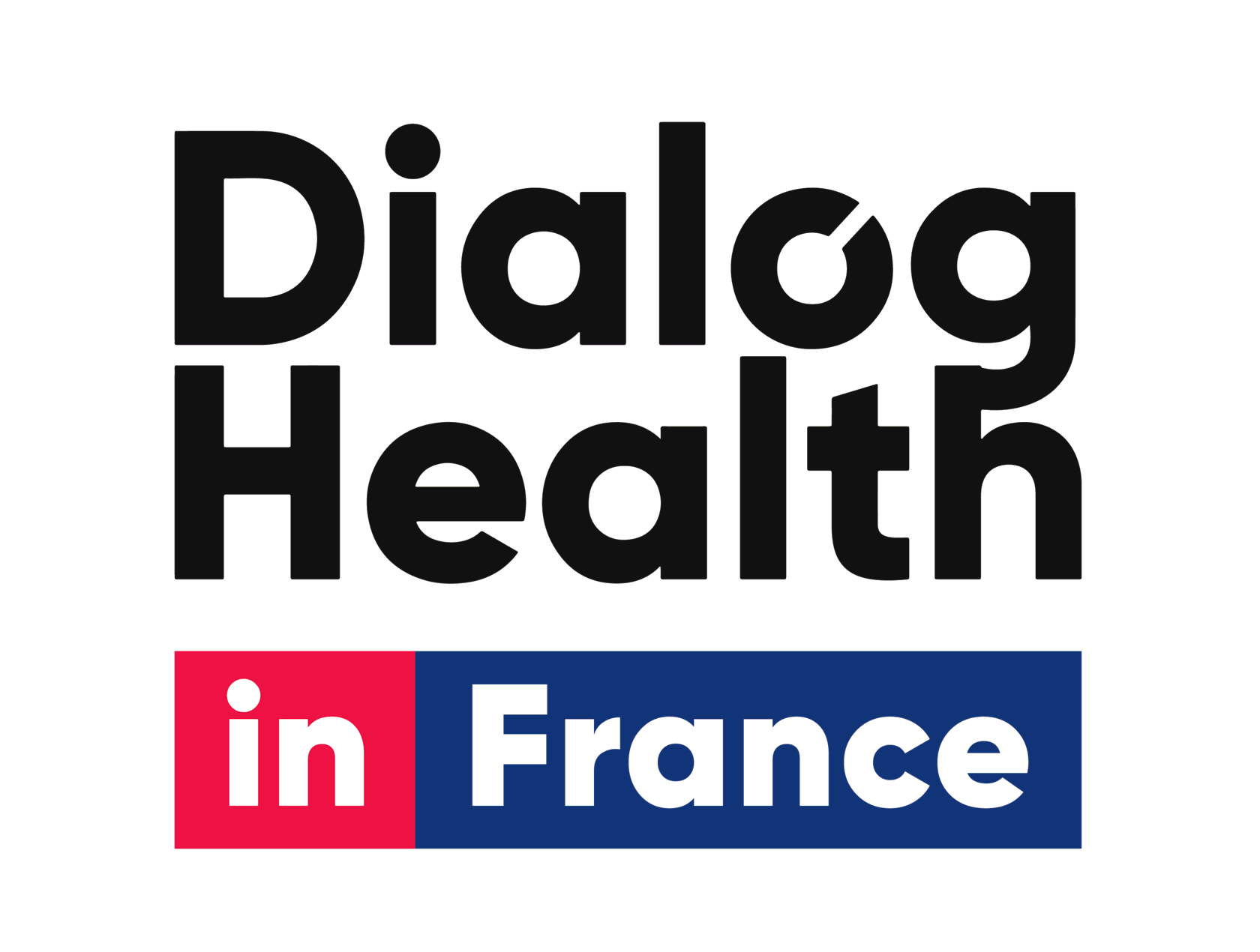
Tell us more about your project
We will get back to you within 24hrs
You can also contact us directly:
contact@dialog-health.com
+33 9 86 28 54 22
You can also contact us directly:
contact@dialog-health.com
+33 9 86 28 54 22
MENTAL HEALTH CARE
Clinique de Chailles: Institutional Psychotherapy in the heart of France
The Clinique de Chailles is a mental health hospital offering Institutional Psychotherapy to its patients in the Central region of France.
Close to the Loire Castles, the Clinique de Chailles practices Institutional Psychotherapy since the 50's. It is a psychiatry based on the destigmatization of the disease and the empowerment of the patient in his care.
The Clinique de Chailles is a mental health institution which historically belongs to the movement of Institutional Psychotherapy. As such, it is recognized and recommended by the professionals with whom it has worked for years - essentially colleagues from the public sector. It receives more than 100 trainees per year, caregivers, nurses, psychologists, specialized educators, interns in psychiatry.
If neuroleptic treatment more or less associated with other psychotropic drugs remains the most effective response to the emergence and fate of a psychotic state, everything remains to be done to obtain recognition from the patient of his disease. The goal is that the patient can treat the wound of the trauma and the stigma caused by the disorder and his medical response, to obtain from him sincere and relevant cooperation in self-management of the treatment, to help him find a critical position between desire and means. All these conditions are necessary to engage the patient in a realistic socio-professional reintegration project.
The in-house clinical research team published many key studies on InMotion robotic systems and continues to conduct large clinical trials on patients after stroke. Studies by Dr. Christophe Duret and his colleagues have focused on the effectiveness of robotic therapy when combined with or compared to usual care, and have demonstrated the beneficial effect of robotics on the motor recovery process.
Patient socialization is at the heart of the medical project. The referring physicians are not mistaken in stating this in their expectation as a priority in the reasons for admitting a patient. Because there can be reintegration in the sense of inclusion only on the condition of being able to create a link, to be able to break with autistic mechanisms, to get out of pragmatism and negativism as a minimum.
Reintegration begins in the institution. It requires setting up a number of scenes that allow patients to mobilize and find meaning in what they can do.
If neuroleptic treatment more or less associated with other psychotropic drugs remains the most effective response to the emergence and fate of a psychotic state, everything remains to be done to obtain recognition from the patient of his disease. The goal is that the patient can treat the wound of the trauma and the stigma caused by the disorder and his medical response, to obtain from him sincere and relevant cooperation in self-management of the treatment, to help him find a critical position between desire and means. All these conditions are necessary to engage the patient in a realistic socio-professional reintegration project.
The in-house clinical research team published many key studies on InMotion robotic systems and continues to conduct large clinical trials on patients after stroke. Studies by Dr. Christophe Duret and his colleagues have focused on the effectiveness of robotic therapy when combined with or compared to usual care, and have demonstrated the beneficial effect of robotics on the motor recovery process.
Patient socialization is at the heart of the medical project. The referring physicians are not mistaken in stating this in their expectation as a priority in the reasons for admitting a patient. Because there can be reintegration in the sense of inclusion only on the condition of being able to create a link, to be able to break with autistic mechanisms, to get out of pragmatism and negativism as a minimum.
Reintegration begins in the institution. It requires setting up a number of scenes that allow patients to mobilize and find meaning in what they can do.
“
Our medical project is resolutely turned towards psycho-social rehabilitation. The operation of the institution borrows from self-management techniques and guarantees a containing therapeutic space in an open environment for patients who are mainly schizophrenic.
French innovation in action
In parallel with psychotherapeutic work and the adaptation of drug treatment, the teams of the Clinique de Chailles offers a schedule "à la carte" according to the patients' wishes and skills, combining expression workshops, physical and cultural activities, effective participation in everyday tasks with carers (there is only one category of professionals who rotate their work in the fields of care and hospitality). Some patients will take responsibilities in the community, helping partner cultural associations, mutual aid, an associative restaurant, or a parental kindergarten.
If for some people, a dynamic can quickly set up and allow to initiate a project outside the clinic, it will take for other patients much more time. The Clinique de Chailles cannot by itself meet the needs of everyone and help all patients regain autonomy whatever it is for them. Accommodation, places of training, continuing education, times of activity outside the institution, reinsertion organizations are needed. A strong network of partners has been build since the opening of the hospital to ensure qualitative life pathways to the patients.
To learn more about the Clinique de Chailles : https://chesnaie.com
If for some people, a dynamic can quickly set up and allow to initiate a project outside the clinic, it will take for other patients much more time. The Clinique de Chailles cannot by itself meet the needs of everyone and help all patients regain autonomy whatever it is for them. Accommodation, places of training, continuing education, times of activity outside the institution, reinsertion organizations are needed. A strong network of partners has been build since the opening of the hospital to ensure qualitative life pathways to the patients.
To learn more about the Clinique de Chailles : https://chesnaie.com
The most innovative French projects
Discover more innovations

